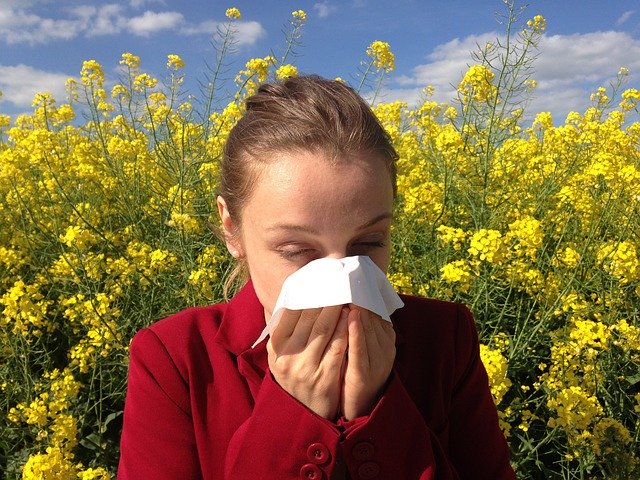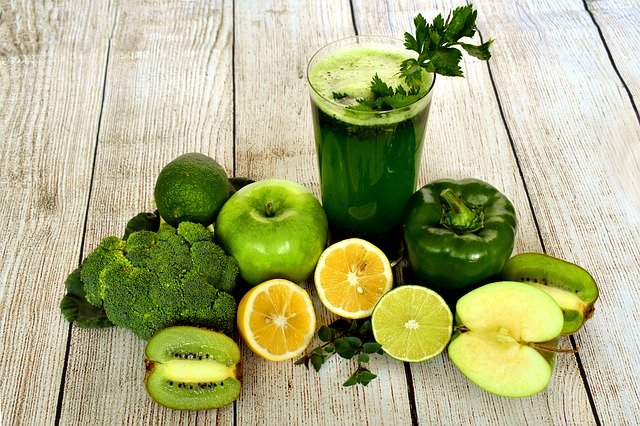
By Frank Carlson, Published on June 3th, 2021
For a lot of people the arrival of spring is also the beginning of the hay fever season.
Pollen flies in the air and causes allergic reactions.
Clear signs of this are itchy eyes and an itchy nose, a frequent sneezing irritation or sniffles.
It is important for pollen allergy sufferers to pay attention to their diet at this time, as this can make the symptoms worse – but also alleviate them.
Cross Allergies With Food
People who suffer from hay fever often cannot tolerate certain foods. The reason for this are so-called cross-allergies. These arise because the allergy-causing proteins (allergens) of pollen and food are similar in structure. Pollen allergy sufferers should therefore be particularly careful with certain foods. However, if these are well tolerated, regular consume helps to maintain the tolerance to the allergens. The following cross-allergies occur particularly frequently:
- Grass pollen: Cereal products and legumes (such as soya and peanuts)
- Birch pollen: stone and pome fruits (such as apples, plums and cherries), nuts and soya
- Herbal pollen, especially mugwort: carrots, celery, chamomile, paprika, tomatoes, artichokes, cucumbers, garlic and various spices
Low Histamine Diet
Hay fever is an overreaction of the immune system against the proteins contained in pollen. As a reaction, the body releases histamine, which ultimately triggers the symptoms.
Therefore, a diet low in histamine is recommended, which does not additionally increase the content of the messenger substance in the body.
For example, yeasty finished products, ripe cheese, vinegar, wheat products, pulses, tomatoes, chocolate, preserved seafood and smoked meat should only be eaten in moderation.
Vitamins And Minerals Against Hay Fever
There are some vitamins and minerals that are able to relieve the symptoms.They not only stabilise the mucous membranes, but also prevent the release of histamine into the bloodstream, bind excess histamine in the body or promote its breakdown.
Important substances in the diet to relieve hay fever are:
- Magnesium (for example in wheat bran, sunflower seeds and walnuts)
- Vitamin B6 (for example in oat flakes and wholemeal rice)
- Vitamin C (for example in peppers, oranges and cabbage)
- Calcium (for example in yoghurt, camembert and soya)
- Zinc (for example in oysters, beef, lentils and wholemeal bread)
- Selenium (for example in sesame, Brazil nuts and coconut)
- Manganese (for example in oat flakes, wheat bran, rice and hazelnuts)
Nutrition Tips
In general, a vitamin-rich, fresh, and varied diet is recommended. Sugar, fish, meat, eggs, and milk should only be consumed in small amounts. The following foods are ideal for relieving hay fever:

- Fresh fruit
- Broccoli and broccoli sprouts
- Green leafy vegetables like kale, spinach, and chard
- Elderberries, sea buckthorn, blackcurrants, and acerola cherries
- Sunflower seeds, sesame, and linseed
- Parsley and thyme
- Onions and apples
